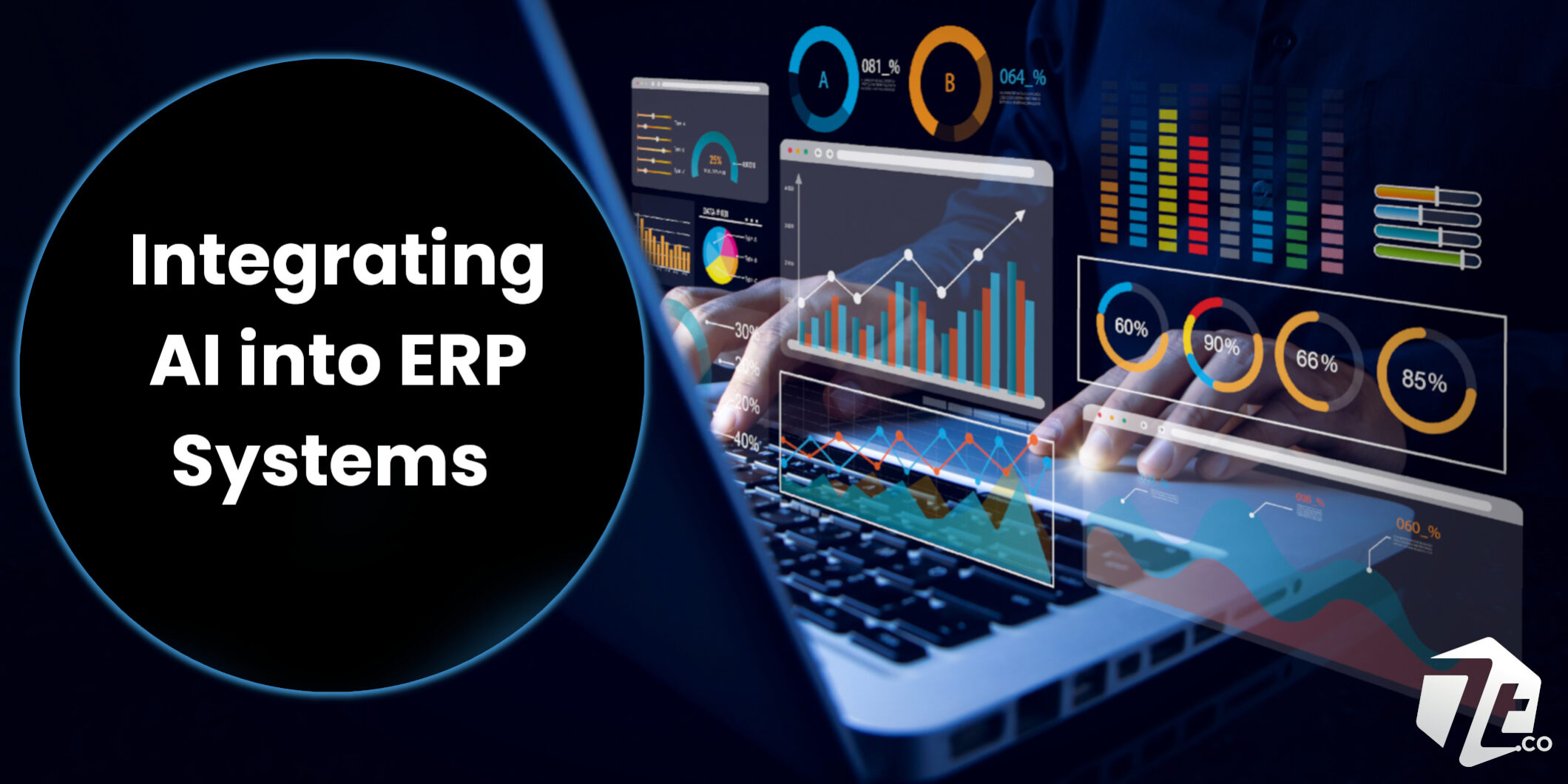Enterprise resource planning (ERP) systems are vital for unifying the many business processes of large, enterprise-level firms. The efficacy of a given ERP platform can make or break a firm’s bottom line. These systems present valuable opportunities to develop new efficiencies via AI technology because artificial intelligence excels in data-centric environments. Incorporating AI into ERP systems can significantly reduce the time and money that’s required to ingest and analyze data, resulting in faster and more profitable business processes.
A number of core ERP processes can be improved through AI automation, and this blog will focus on those listed in the table below.
Process
Description
Data Automation
AI is extremely proficient at collecting, organizing, and analyzing data. By deploying AI data automation tools, an organization can enjoy significant cost savings and faster data processing timeframes, amongst other benefits.
Analytics and Forecasting
Analyzing data and generating reports make it far easier to read and apply information than seeking it directly from data sources. Users can also feed historical data into machine learning and AI-powered tools to generate forecasts based on a combination of automatically-updated data and data that’s derived from historical trends.
Security and Compliance
IT admins can use AI to ensure that employees follow data security practices and safe data-sharing procedures, flagging possible threats and proactively warning users of vulnerabilities. This functionality can also ensure regulatory compliance and even identify procedural updates that ought to be deployed as regulations change.
Asset / Fleet Management
AI can assist in monitoring IT assets, hardware assets, company vehicles, or industry-specific equipment. An AI-powered asset / fleet management system can also notify users about scheduled maintenance, outages, or connectivity issues.
Integrations
A primary advantage of ERP systems is that they create a single “source of truth” for every department in an enterprise. AI can assist with integrating data from multiple sources and platforms into readable dashboards that leaders can utilize across departments.
Data Automation
AI thrives in handling “ingestion workloads,” or workloads that primarily entail ingesting data and then organizing or analyzing it. With these traits, artificial intelligence is exceptionally good as a data entry/collection automation tool. Not only can it be used to transfer data from one database to another, but it can also analyze raw images and documents, in addition to indexing them for searchability, and collecting other relevant information. This data can then be stored and organized automatically, reducing the costs of data entry staff and eliminating mistakes that arise from human error.
Analytics and Forecasting
After data is stored and organized, AI tools can be used to generate reports with any information that a user might need, including historical data (as long as they are given access). This not only helps staff make their own analyses and predictions from these reports, but the AI platform can compare current data with historical trends, using thisdata to create projections on its own, so long as it is equipped with the right information.
Security and Compliance
Data security is a 24/7 operation, and with assistance from your ERP software platform, you can improve the consistency and reliability of your data protection infrastructure. AI integrations can make software “smarter,” ensuring users follow data protection procedures and ensuring admins receive prompt warnings whenever potential breaches are found.
Asset/Fleet Management
With its ability to ingest and utilize data, AI can facilitate the maintenance for a network of IT assets or a fleet of company vehicles. By “teaching” your AI-powered ERP software the proper maintenance schedules, connectivity requirements, and other relevant data for necessary assets, downtime is reduced, and asset lifespan can be increased. This information can also be implemented in easily readable dashboards and reports, similar to traditional data like financials and inventory.
Integrations
AI-powered ERP platforms have one central goal: to provide a single “source of truth” for the many departments that typically exist in an enterprise-level firm. To do this, information stored across a wide tech stack must be centralized to ensure that all departments can view the same data. AI’s unmatched ability to ingest massive amounts of information and organize data from multiple sources–even if stored in varied formats—makes it far more efficient at integrating data at the enterprise level than human analysts. While these advantages are useful in a general sense for any firm with business processes to automate, the endless complexities handled by ERP platforms compound the benefits and provide even more lucrative opportunities
ERP platforms without AI integrations require more data management, maintenance, manual analysis and manual report creation. This takes time away from the decision-making process that the data within your ERP is meant to inform. AI simply allows some of the more repetitive tasks to be automated, and the information to be centralized, so that data is collected and organized faster. This manifests as features like automated data entry, analysis, predictions and report generation. All of these make your data more accurate and readable, as well as decreasing the amount of time needed to get finalized reports substantially.
Explore AI in ERP Systems with 7T
At 7T, we use a problem → solution in our approach to ERP and AI development. When integrated with an ERP system, AI technology can bring a significant operational advantage with a robust ROI. Our team will identify your organization’s challenges and pain points. Then, we’ll architect a value-generating solution that integrates AI into ERP systems and other enterprise technology.
7T is based in Dallas, with additional locations in Houston, and Charlotte, NC. But our clientele spans the globe. If you’re ready to learn more about integrating AI into your organization’s ERP system, contact 7T today.








